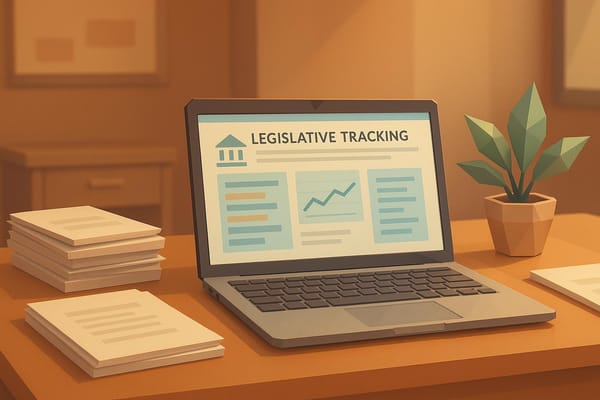Strengthening Human Trafficking Laws in Alabama

Alabama’s House Bill 80 (HB80), introduced by Representative Brown, aims to amend existing laws to enhance the prosecution of human trafficking offenses. The bill intends to redefine crime classifications and introduce restitution and civil action provisions, ensuring that victims receive the support they need. With an increasing number of reported cases, this bill represents a timely response to the challenges posed by this heinous crime. In this blog post, we will explore the central tenets of HB80, its implications for victims, and why it is a significant stride towards combating human trafficking in Alabama.
A New Definition of Human Trafficking
Under current Alabama law, human trafficking in the first degree involves serious offenses such as labor servitude and sexual exploitation, classified as a Class A felony. Human trafficking in the second degree, typically involving lesser offenses, is categorized as a Class B felony. HB80 extends the definition further, specifying that individuals can be charged if they aid or provide material support for human trafficking. This clarifies the legal scope, targeting those who enable such activities, not just those who carry them out directly.
Restitution and Civil Action for Victims
The bill reinforces victim rights by allowing for the award of restitution to those affected by human trafficking crimes. Victims can now seek financial compensation for damages, medical treatment, and other associated costs. Furthermore, HB80 introduces civil actions for victims against offenders, presenting a pathway for accountability beyond criminal prosecution. This provision aims to empower victims, ensuring they have a legal recourse to recover from their traumatic experiences.
Harsher Penalties for Traffickers
HB80 proposes stricter consequences for those convicted of human trafficking, reinforcing the need for a zero-tolerance approach. By classifying certain offenses as felonies and enhancing penalties for aiding and abetting trafficking activities, the bill sends a strong message that Alabama will not tolerate violations of human dignity. According to the bill, any obstruction of prosecution will also result in severe legal repercussions.
Increased Responsibility for Legal Entities
The legislation holds not only individuals accountable but also extends culpability to corporations involved in trafficking offenses. If agents representing a corporation engage in trafficking while acting within the scope of their employment, the entity itself may face prosecution. This broadens the reach of the law, aiming to dismantle entire networks supporting human trafficking operations.
Addressing the Needs of Victims
A central component of HB80 is its focus on victim support through mandatory restitution, which includes covering therapy, relocation costs, and other necessary expenses. The provisions assert that victims are entitled to reclaim their lives and receive financial aid from the proceeds gained from human trafficking. This comprehensive approach ensures that victims are prioritized in the legal proceedings.
Creating a Culture of Awareness
Beyond the legal ramifications, HB80 promotes awareness and education about human trafficking in Alabama. By solidifying the state's commitment to combating this scourge, the bill encourages powerful community engagement and provides resources for educating the public about the signs of trafficking. Awareness is crucial in prevention efforts, cultivating an informed society ready to act.
Conclusion: A Step Forward
In conclusion, Alabama’s HB80 serves as a pivotal advancement in the fight against human trafficking. By expanding definitions, increasing penalties, and providing vital support for victims, this bill equips law enforcement and community leaders with the tools they need to combat this crisis effectively. As states grapple with the complexities of human trafficking, HB80 exemplifies a proactive step to protect vulnerable individuals. The implications of this legislation could lead to significant improvements in the lives of victims while sending a clear message to traffickers that their acts will not be tolerated. Advocacy and continued legislative support are crucial for fostering change and ensuring the safety and dignity of all individuals in Alabama.




